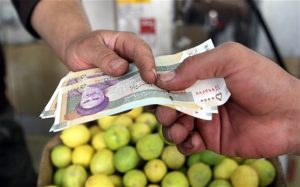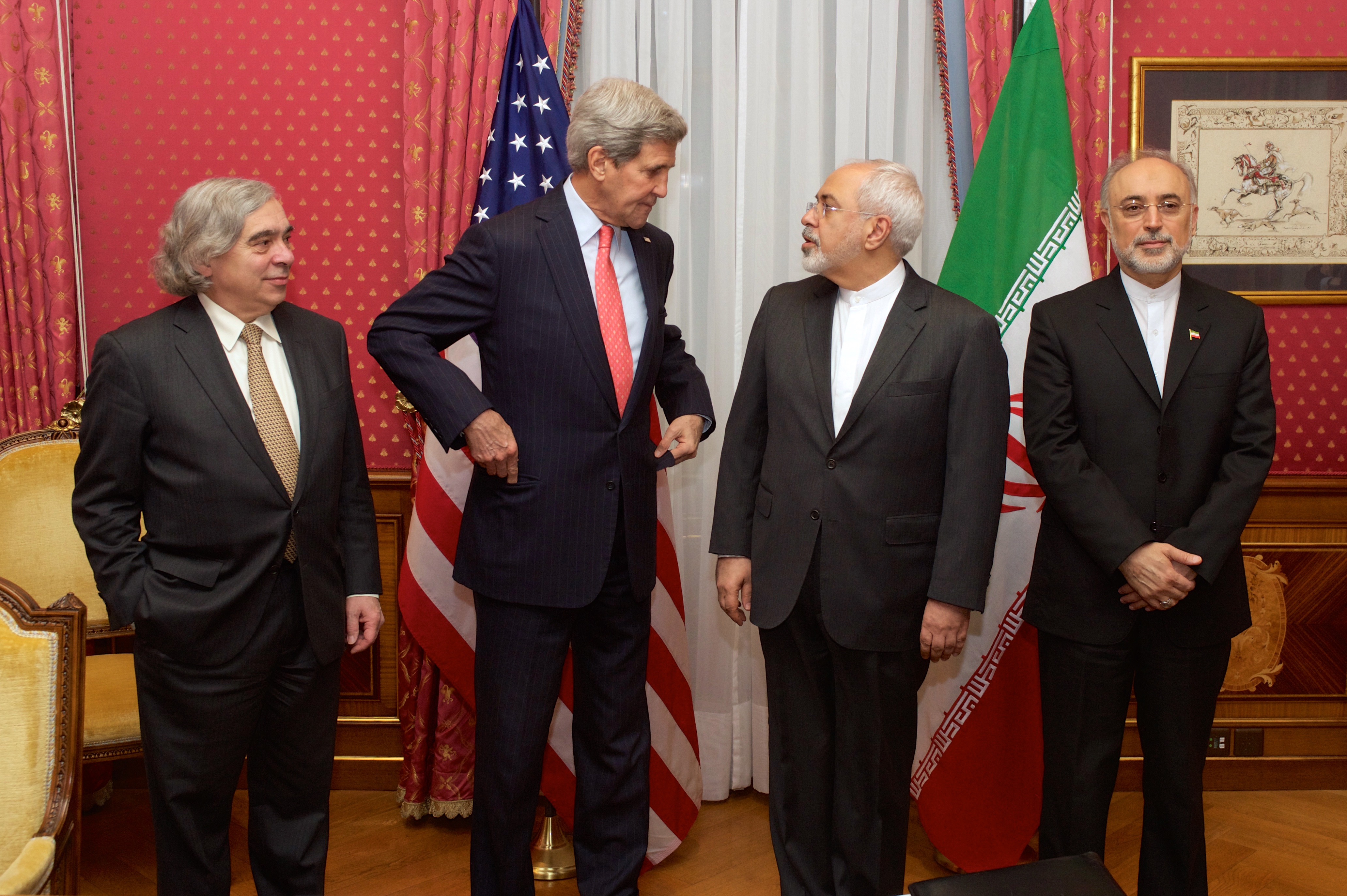By: Andrew Jarnagin
This week in Iran, protestors clashed with riot police in frustration over the falling value of the Iranian currency, the rial. The rial has lost a third of its value in just a week, and more than 80 percent in the past year. The slide is due, in large part, to Western economic sanctions against the country, which Iranian president Mahmoud Ahmadinejad has called “a psychological war on the exchange market.”
The international community has imposed sanctions on Iran in response to its aspirations to establish a nuclear program. Iran claims that its aims are peaceful, and that it seeks nuclear technology for medical purposes and power generation. UN inspectors and the West have condemned the program, claiming that Iran is covertly developing weapons technology. The renewed news spotlight on the effects of international coercion through sanctions offers an opportunity to study the direct results of these measures as they affect both the people and the government of Iran.
In addition to the devaluation of the rial, U.S. and EU sanctions on Iran have lead to skyrocketing prices for rice, maize, and other foods. The price of chicken has tripled in the past year. Iranian doctors have begun to report shortages in medicine and emergency supplies, which has led to several documented cases of preventable deaths. These woes have brought about an increasing desperation in the middle class, which officials in Washington hope will pressure a change in policy in Tehran. The White House has pointed to the deteriorating economic situation in Iran as proof that the sanctions are putting the Iranian government under “enormous pressure.”
Even in a sample of the last few decades, sanctions have proven ineffectual, and often morally indefensible. Under Moammar Gaddafi, Libya endured sanctions for 15 years in response to the Pan Am bombing. Myanmar’s military regime has clung to power in the face of long-standing sanctions. Some sanctions have been suspended recently in response to release of some political prisoners, but the fundamental political system remains intact. And how can one forget our neighbors to the south? Cuba has survived contentedly under a U.S. trade embargo for over 50 years, and it shows no sign of stopping now. In a now infamous interview, then-Secretary of State Madeleine Albright defended sanctions on Iraq in the 90’s. When confronted with the statistic that 500,000 Iraqi children died as a consequence, she responded, “I think this is a very hard choice, but the price – we think the price is worth it.”
The American policy of economic sanctions may be politically expedient, but practically speaking, it is unlikely to garner any significant results. Numerous countries under international sanctions have withstood the storm, bending but not breaking in response to a pinched purse. However, history is not a perfect predictor. The million-dollar question is whether sanctions on Iran will force Khamenei to relent in the face of domestic discontent, or lead to another humanitarian disaster that only cements the regime’s power. U.S. Representative Brad Sherman, an outspoken supporter of sanctions, has argued, “Critics of sanctions argue that these measures will hurt the Iranian people. Quite frankly, we need to do just that.” A repeat of the Iraq sanction debacle (half a million dead children) can only hinder America’s long-term goals in the Middle East.
Ahmadinejad and Co. are seeking every opportunity to further turn the Iranian public’s opinion against the United States. In this case, the facts are undeniable: Western sanctions are directly affecting Iranians’ way of life. These sanctions provide an obvious scapegoat for the country’s unrest. They are a simple way to demonize an external actor while shifting attention away from domestic troubles, of which Iran has quite a handful. While the government in Tehran can plausibly claim that the West is the source of the country’s economic woes, it will be unlikely to lose its power. The average Iranian family can no longer afford chicken. The question is whether these sanctions will give rise to revolution or starvation.

